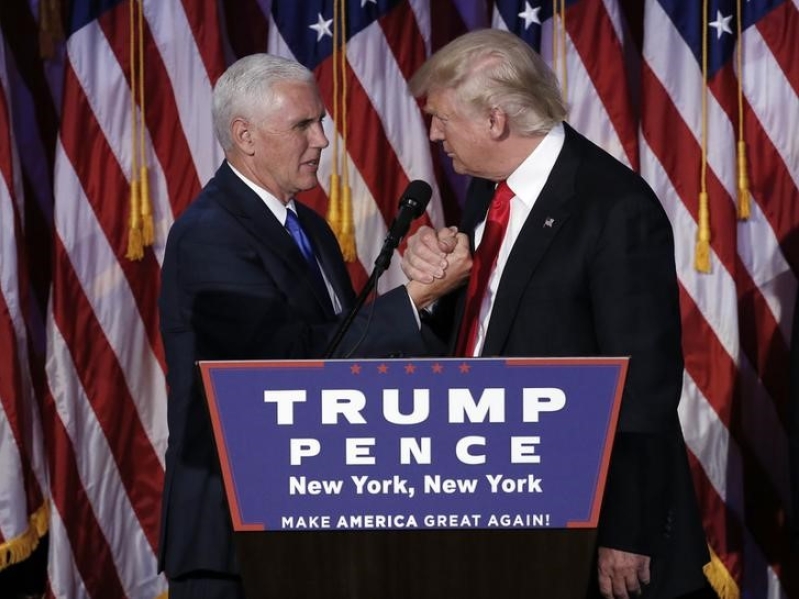
Christian support for U.S. president- elect Donald Trump may seem to cast shadows that could stand in the way of Christian communities in the United States with greatly contrasting views of Christians and believers post-election.
The seemingly surprising upset in the history of American politics, Trump's victory into the presidency was also believed to have been ushered in by more than 80 percent of white evangelicals believing that their Republican candidate will be responsible for bringing back Christian ideals to America.
But are Christian denominations speaking in one voice as Americans? It does not seem like it. While the poll results show the picture of Christian support for Trump, there are quarters also expressing their dissenting views on a Trump administration. Among those concerns were open innuendos of racism, sexist remarks and gender indifference during the campaign sorties.
An exit poll conducted by Pew Research immediately after the elections found that Trump's win was also contributed in part by Christian supporters where 58 percent came from Protestant groups and 52 percent from Catholics on top of the reported white evangelical votes.
This, according to several quarters, were not fully representative of the voice of many Christians, which according to a Washington Post column where it quoted an evangelical activist Eric Teetsel that the Christian 'bloc' figures may not be accurately representing the whole Christian majority. There may be those claiming to be 'Christians' or 'evangelicals' but may just be more of a sociological rather than a theological perspective.
Can this mean a disunity in the political beliefs of Christians supportive or Trump and not? Not necessarily, as Teetsel indicates that this may not be an ideology that can serve to break apart Christian communities in the US, but more of an exercise in the secular belief of civic freedoms and rights rather than a religious one.
"Now that the election is over, all Christians must remember that we are not to be known by our voting patterns, rather, our reputation is to be one of selfless love for others. This means standing with Jesus on the side of the poor, sick, and marginalized and for public policies that recognize the dignity of every human being," says Teetsel.
Many Christians, however, agree that difficult challenges are facing Christianity today and are one that cannot just be addressed with a simple unity in political ideals or religious expressions. Many pastors agree that Christians need to stand firm to the beliefs founded on Christian values and principles, as well as a full and holistic understanding of the doctrine of God.
But while there still are different views regarding the confidence of Trump supporters and the uncertainties raised by those who are against the actuation for the president- elect, they are one in believing that the elections have spoken and they hope to see better days ahead for Christians under a new US administration.







